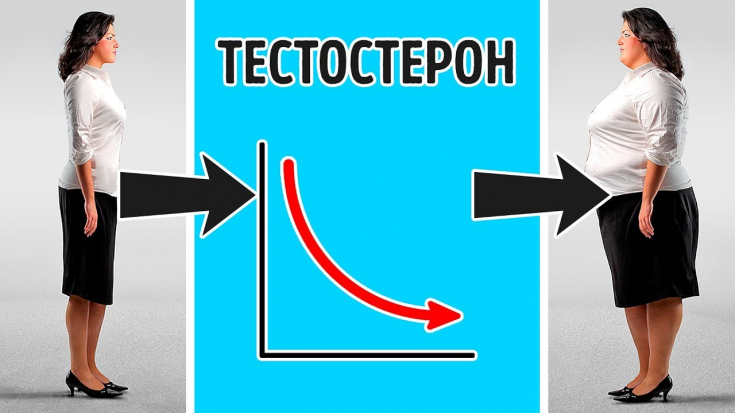With the opening of the beach season, the urgency of the problem of extra centimeters in problem areas is rapidly increasing. Individual characteristics of the body are often the decisive factor that contributes or hinders weight loss, regardless of dietary habits and activity level.
Someone easily loses unwanted pounds in just a week, and some people need to put in a lot of effort and spend a lot of time to lose weight. However, it also happens that a hormonal imbalance becomes an obstacle to losing weight.
4 types of hormonal imbalances that make it difficult to lose weight
Have you switched to a healthy diet and exercise regularly, but when you stand on the scale or analyze the marks on the centimeter, you state with annoyance the absence of any result? What is going on?
Certain genetic factors prevent our body from losing unnecessary weight. Sometimes it is heredity that causes hormonal imbalance, however, the occurrence of this problem can be the result of:
• eating habits;
• exposure to toxins;
• taking certain medications;
• menopause;
• pregnancy and childbirth;
• puberty;
• prolonged stress;
• disruption of the endocrine system;
• violations in the liver and kidneys.
What hormonal imbalance affects the rate of weight loss
1. Leptin
Satiation Hormone – this is the name of a chemical that the body produces to signal the brain that enough food has been consumed. If overeating – not uncommon for you, most likely the source of the problem is leptin.
Leptin imbalance can occur due to excess fructose in the diet. Fructose – it is a sugar whose amount is difficult to control, since fructose is present not only in fruits, but also in the most unexpected foods – convenience foods, sugary drinks and even bread. Fructose is easily converted to fat in the body and leads to an increase in leptin levels, which over time leads to the development of leptin resistance.
Read also: How to Restore Leptin Sensitivity: A Step-by-Step Guide
2. Cortisol
Stress Hormone – far from the last factor that can make weight loss difficult. Not only do people crave junk food in stressful situations, but under certain conditions, cortisol causes the body to store fat.
Read more in the article: Cortisol belly: why it appears and how to get rid of stress fat
3. Estrogen
Normally, normal estrogen levels help you lose weight by enhancing the effectiveness of insulin. However, with too much estrogen, insulin gets out of control. With excessive production of estrogen, insulin resistance develops. And this means that less glucose enters the muscles, and most of it goes to body fat.
What can upset the balance of estrogen? Too much meat and not enough fiber. Fiber increases the rate of elimination of toxins and other unnecessary chemicals from the body. And meat (not all, depending on the origin) can contain a large amount of antibiotics and steroids, which adversely affect the body. Conclusion: less meat and more vegetables!
Read also: Overweight, puffiness, varicose veins – it's all about estrogen dominance
4. Testosterone
Testosterone promotes muscle growth. And the more muscle mass, the more energy is burned, i.e. the faster the metabolism works. If there is not enough muscle mass in the body, the metabolism slows down. Add to this excess estrogen, which promotes fat deposition, and you're done – you have everything to gain weight.

Read also: Interesting facts about the male body that you did not know
Therefore, if you have weight loss problems that persist even with proper nutrition and an appropriate level of physical activity, estet-portal.com recommends checking whether hormonal imbalances or serious diseases are the culprit of your problems.








Add a comment